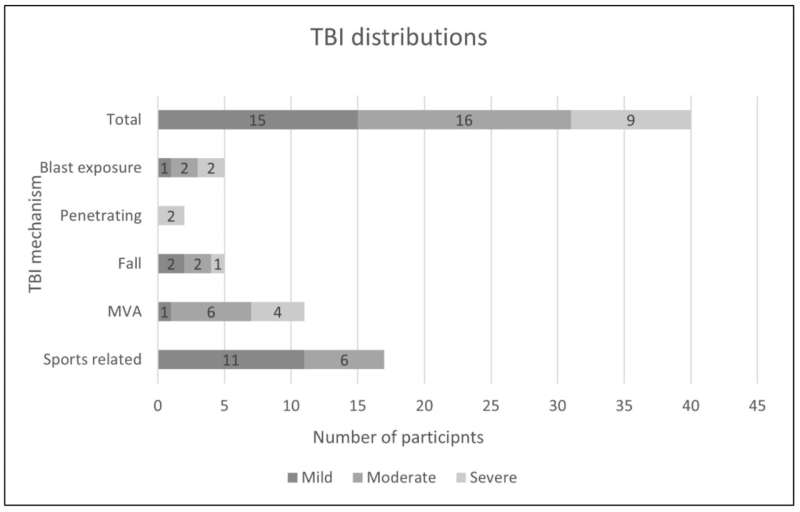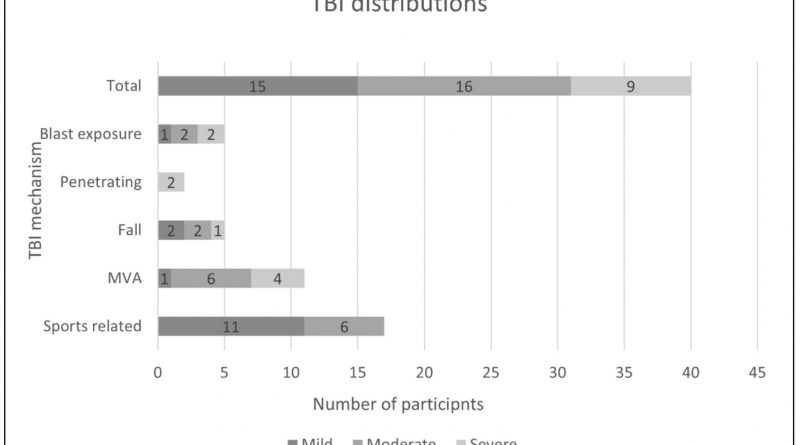Is service-related traumatic brain injury in veterans a prelude to Alzheimer’s disease?

Traumatic brain injury (TBI) is common among military veterans and has been associated with an increased risk of dementia. Whether this is due to an increased risk for Alzheimer’s disease is the focus of a new study in the Journal of Neurotrauma.
Tia Cummins, Ph.D., Vincent Doré, Ph.D., and coauthors representing a multicenter research group in Australia and the United States, measured two key biomarkers for Alzheimer’s disease—ß-amyloid and tau—as well as glucose metabolism in Vietnam war veterans who either had or did not have a history of TBI. None of the participants had a prior diagnosis of dementia.
The main purpose of this case-control study was to determine if veterans with a history of TBI were more likely to demonstrate the neuropathological markers of Alzheimer’s disease.
“The normal level of ß-amyloid deposition, tau aggregation, and glucose metabolism in TBI subjects compared with normal matched individuals does not support the premise that TBI can be a risk factor for Alzheimer’s disease. This suggests that the observed increase in dementia risk may be due to other causes of dementia,” concluded the investigators.
“This is a very important negative result,” says David L. Brody, MD, Ph.D., Editor-in-Chief of Journal of Neurotrauma, “While more research is required in this area, it may be wise to broaden our search for the mechanisms underlying the increased risk of dementia following traumatic brain injury. I applaud the authors for this well-designed and well-executed study.”
More information:
Tia L. Cummins et al, Tau, β-Amyloid, and Glucose Metabolism following Service-Related Traumatic Brain Injury in Vietnam War Veterans: The Australian Imaging Biomarkers and Lifestyle Study of Aging-Veterans Study (AIBL-VETS), Journal of Neurotrauma (2023). DOI: 10.1089/neu.2022.0172
Journal information:
Journal of Neurotrauma
Source: Read Full Article



